
Parkinson Disease
Latest News


Phase 2 SUNRISE-PD Trial to Test Investigational Bezisterim as Disease-Modifying Therapy for Parkinson

Small-Scale Trial of Pimavanserin Highlights Modified Functional Status Questionnaire as Reliable Tool for Parkinson Disease Psychosis
Latest Videos

CME Content
More News

StrivePD and Apple Watch continuously track motor symptoms, aiding neurologists in adjusting treatments for better patient outcomes.
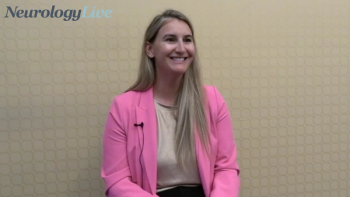
The executive director of the Association of Movement Disorder Advanced Practice Providers talked about the need for improved communication and trust of the patient-provider relationship in the field of movement disorders. [WATCH TIME: 3 minutes]
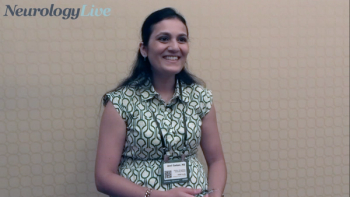
The assistant clinical professor of medicine at Medstar Georgetown University Hospital talked about her presentation at ATMRD where she covered various advanced therapies for managing Parkinson disease and essential tremor. [WATCH TIME: 5 minutes]

Approximately 83% of patients reported that they did not disclose to their provider that they experienced symptoms or had concerns about living with a movement disorder.
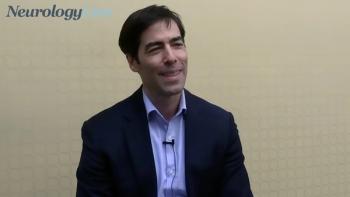
The director of movement disorders at the Banner Sun Health Research Institute talked about that although synuclein biomarkers have shown high sensitivity in identifying Parkinson disease, further studies are needed to address their limitations. [WATCH TIME: 3 minutes]

In recent analysis indicated that initiating apomorphine hydrochloride injection without antiemetic premedication was well-tolerated among patients with Parkinson disease.

An open-label phase 2b trial assessing ND0612 showed that the rate of treatment responders increased over a 12-month period among patients with Parkinson disease who experienced motor fluctuation.

ND0612, an investigational agent, had supportive data from the pivotal phase 3 BouNDless trial, a large-scale, phase 3 study of patients with Parkinson disease.

Patients with Parkinson disease and depression exhibit significantly worse nonmotor symptoms, highlighting the need for comprehensive management including orthostatic hypotension, constipation, and hyposexuality.

After 28 days of treatment, bezisterim showed pronounced effects on measures of the Non-Motor Symptom Scale, as well as greater achievement of ON time than levodopa alone.
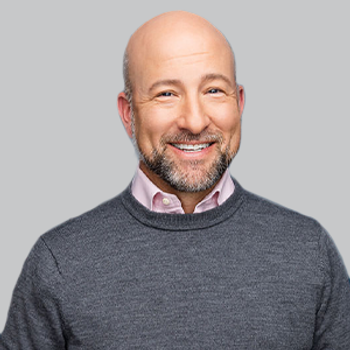
Following presented phase 1 clinical trial findings at AAN 2024, bemdaneprocel receives regenerative medicine advanced therapy designation by the FDA for the treatment of Parkinson disease.
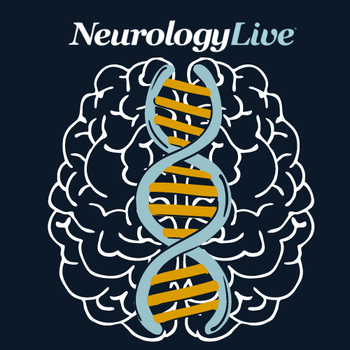
According to recent studies and the latest insights provided by experts, early developments in gene and cell therapies show promise for patients living with Parkinson disease, but challenges remain.

Mike Hooven, chairman and CEO of Enable Injections, and Randall Moreadith, MD, PhD, chief development officer of Serina Therapeutics, provided insight on the development plans of SER-252, an investigational apomorphine therapy for advanced Parkinson disease.

The lead neuroscientist and lead data scientist at Rune Labs talked about leveraging mobility data to monitor progression in patients with Parkinson disease. [WATCH TIME: 7 minutes]

Khashayar Dashtipour, MD, PhD, an associate professor of neurology at the Loma Linda University Health System, provided an overview of an upcoming CME-credited educational course on movement disorders scheduled for June 1st in Minnetonka, Minnesota.

The professor of neurological surgery at Weill Cornell medicine talked about how gene therapy may offer a more direct and efficient pathway to develop treatments for neurological diseases like Parkinson disease. [WATCH TIME: 6 minutes]
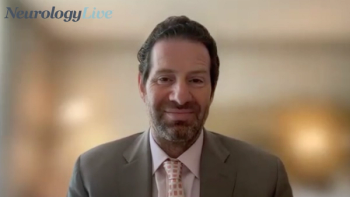
The professor of neurological surgery at Weill Cornell medicine talked about the regulatory hurdles and challenges in patient selection and delivery methods for gene therapy in Parkinson disease. [WATCH TIME: 5 minutes]

In a recent study assessing basal ganglia activity during REM sleep, results revealed that elevated beta power may be correlated with the severity of REM sleep behavior disorder in Parkinson disease.

Depression prior to PD diagnosis predicts increased dementia risk and mortality, emphasizing its significance in disease progression.

Clinical trials assessing cell therapies for Parkinson disease treatment may show early potential in improving both motor and nonmotor symptoms.
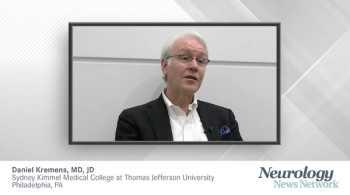
Kremens gave closing thoughts on the promise of the Parkinson disease research field, the outlook of drug development, and what clinicians should be excited for next.

Daniel Kremens, MD, JD, described positive 18-month data on bemdaneprocel, an investigational cell-based approach for patients with Parkinson disease.
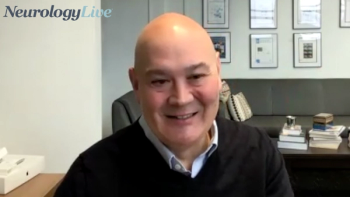
The director for the Gene Therapy Institute at The Ohio State University talked about the latest developments in gene therapy for patients with Parkinson disease. [WATCH TIME: 4 minutes]

ASPIRO, an open-label trial, will assess the safety and tolerability of ANPD001, an investigational autologous neuronal replacement therapy being studied as a regenerative therapy for PD.
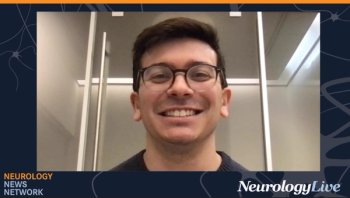
Neurology News Network. for the week ending May 4, 2024. [WATCH TIME: 3 minutes]











